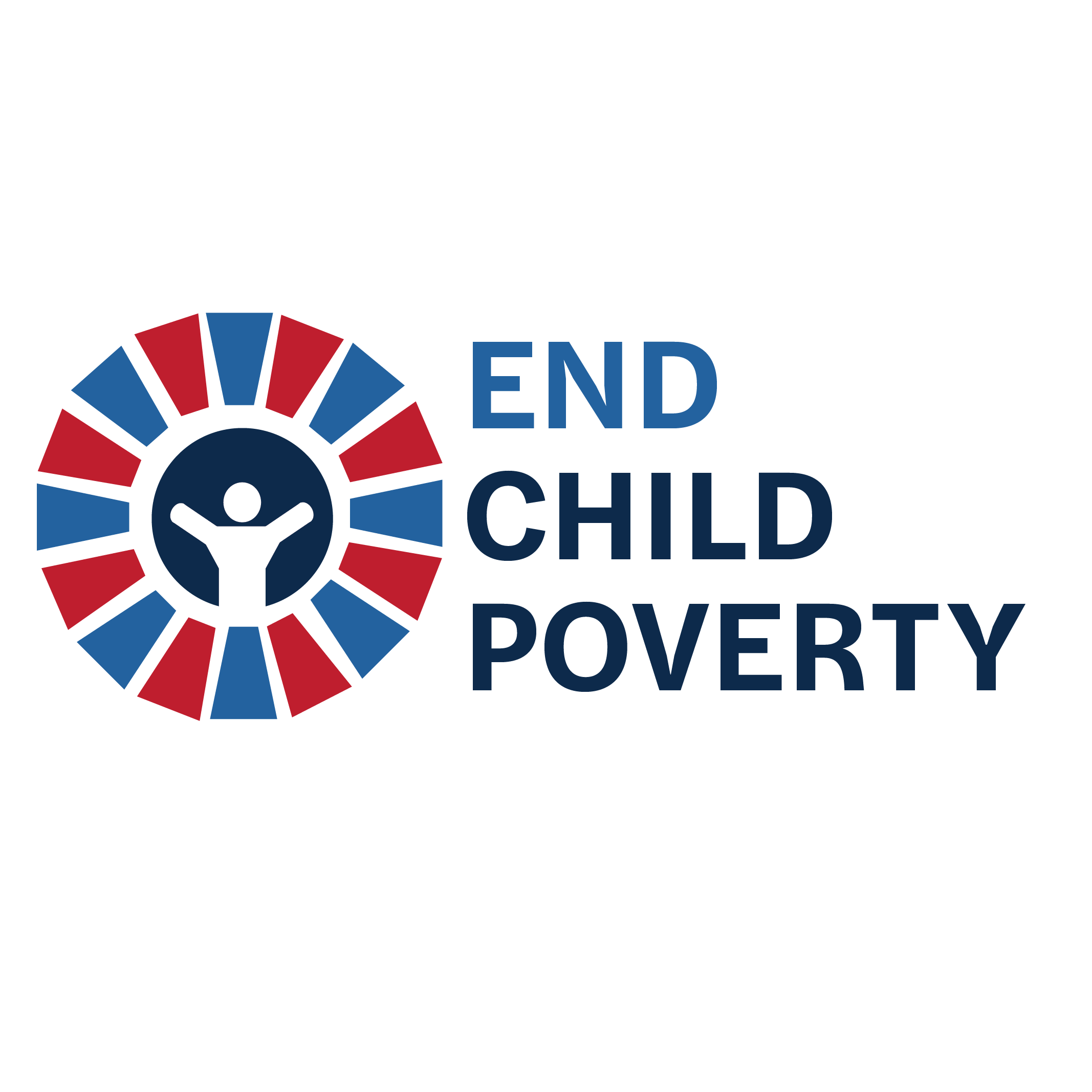On Child Poverty: Proposals to Limit Household Access to Effective Anti-poverty Programs Would Only Make It Worse
FOR IMMEDIATE RELEASE
Contact: Jonny Yao (jonnyy@firstfocus.org)
CHILD POVERTY ACTION GROUP STATEMENT ON VALUING OUR KIDS
Washington, DC (March 5, 2018) – The U.S. Child Poverty Action Group, a coalition of child-focused organizations dedicated to reducing child poverty in the U.S., is very concerned by recent proposals from Congress and the Administration to weaken public assistance programs by imposing cuts, employment documentation requirements, irrational time limits, and other unnecessary government bureaucratic barriers. These actions are often being proposed in the name of promoting family economic security, but will have the opposite effect by weakening the effectiveness of these programs in reducing child poverty.
In response to these threats, members of the U.S. Child Poverty Action Group issued the statement below. These members include First Focus, Child Welfare League of America, National Black Child Development Institute, National Center for Children in Poverty, National Prevention Science Coalition to Improve Lives, Partnership for America’s Children, The Sargent Shriver National Center on Poverty Law, Save our Children Action Network, and Share our Strength.
Each year, millions of children are lifted out of poverty due to effective federal anti-poverty programs that give parents the power to boost family income and provide children with access to nutritious food, stable housing, child care, and affordable healthcare. These programs also have long-term benefits, for children in families who accessed these benefits have higher educational attainment and are likelier to earn more as adults.
In most low-income households with children, there is at least one family member who is working. Yet due to low wages, skyrocketing rents and the high cost of everyday goods, parents still struggle to make ends meet and turn to key assistance programs to supplement resources for their families.
Actions to weaken these assistance programs by imposing cuts, employment documentation requirements, irrational time limits, and other unnecessary government bureaucratic barriers on low-income families will have devastating consequences for these families, including undercutting opportunities for their children.
These actions are often being proposed in the name of promoting family economic security, but will have the opposite effect by weakening the effectiveness of these programs in reducing child poverty. The result will be a future generation of children whose physical, mental health, nutritional, and educational outcomes are weakened.
This is the wrong direction for our children and our country’s economic future. Instead, we need to build on what works and help boost family income through a national child allowance that ensures that every child lives in a household with enough resources to meet their basic needs and support their healthy development. The amount of this allowance must be enough to lift all children out of poverty and therefore cannot be subject to the whim of economic downturns or parental wages.
A child allowance should also be paired with investments to help parents obtain quality employment that will help them achieve economic security for their families. Investments in job training programs, higher education, affordable child care and transportation assistance are the best way to support workforce development in the U.S.
Child poverty remains high in the U.S. and proposals to limit household access to effective anti-poverty programs would only make it worse. Let’s instead make the investments needed to show that as a nation, we truly value our greatest asset – our children.
Signed,
American Federation of Teachers
Child Welfare League of America
First Focus
National Black Child Development Institute
National Center for Children in Poverty
National Prevention Science Coalition to Improve Lives
Partnership for America’s Children
The Sargent Shriver National Center on Poverty Law
Save the Children Action Network
Share our Strength
